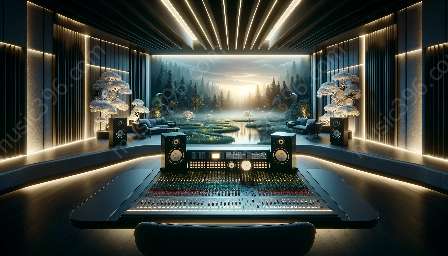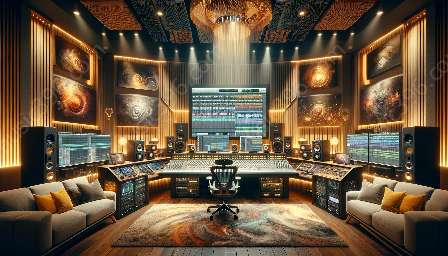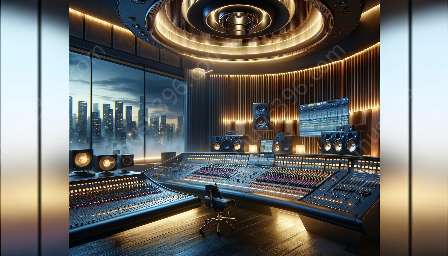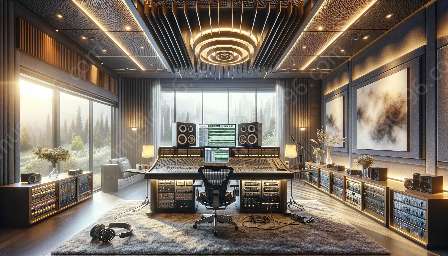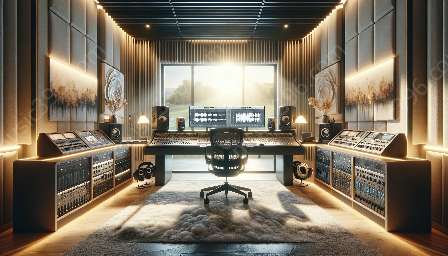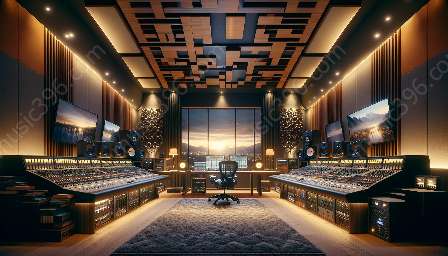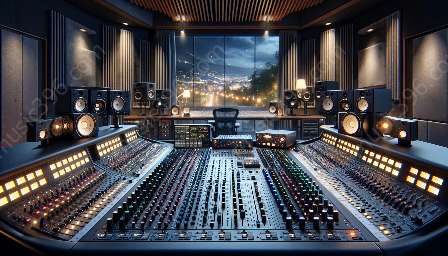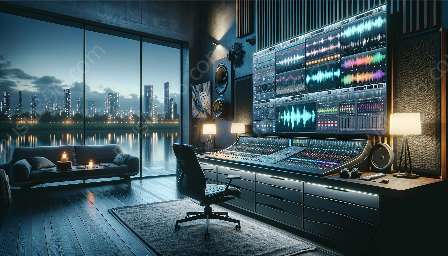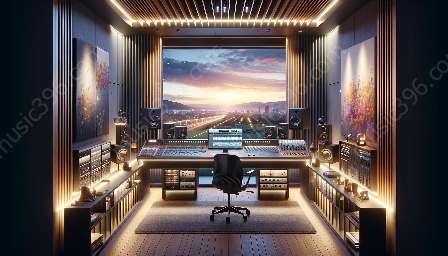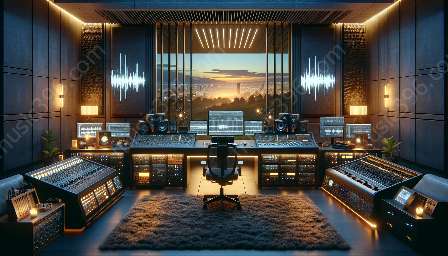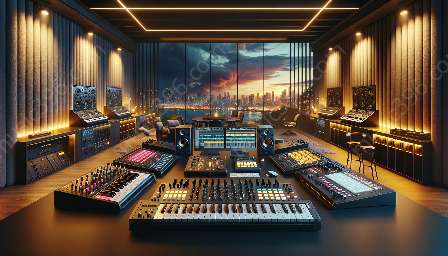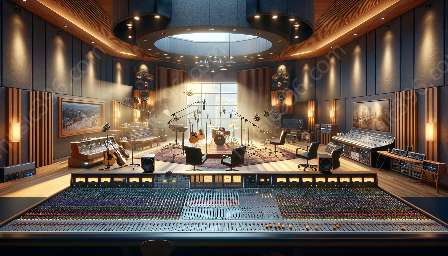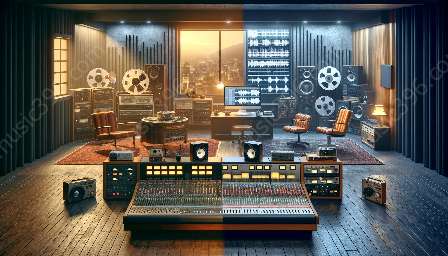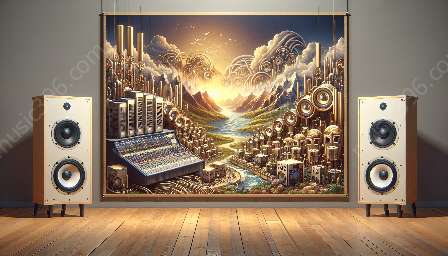Sound engineers play a crucial role in the audio production process, but they often have to navigate various legal and copyright issues to ensure compliance and protect creative works. This article will explore how sound engineers manage these aspects, along with the role of a sound engineer and sound engineering in addressing legal and copyright concerns.
The Role of a Sound Engineer
A sound engineer is responsible for recording, mixing, and producing audio content across various mediums, including music, film, television, and live events. They work closely with artists, producers, and other professionals to create high-quality audio recordings that meet the desired artistic and technical standards. Sound engineers also play a significant role in ensuring that the final audio product complies with legal and copyright requirements.
Understanding Sound Engineering
Sound engineering encompasses a wide range of technical skills and knowledge related to audio recording, mixing, mastering, and post-production. Sound engineers not only utilize state-of-the-art equipment and software to capture and manipulate sound but also understand the legal and ethical considerations surrounding audio production.
Navigating Legal and Copyright Aspects
Sound engineers navigate various legal and copyright aspects to protect the intellectual property rights of creators and ensure that audio productions adhere to applicable laws and regulations. Here are some key considerations:
- Intellectual Property Rights: Sound engineers must understand the concept of intellectual property, including copyright, trademarks, and related rights. They need to respect and protect the rights of the creators and owners of the audio content they work with.
- Copyright Clearance: Before using any copyrighted material in audio production, sound engineers must obtain the necessary clearances and licenses. This involves securing permission from the copyright holders or licensing bodies to use and distribute copyrighted works.
- Contractual Agreements: Sound engineers often work under contractual agreements with artists, record labels, and production companies. These contracts outline the terms and conditions of the audio production process, including rights and obligations related to intellectual property and royalties.
- Sampling and Fair Use: When incorporating samples or excerpts from copyrighted works, sound engineers must understand the principles of fair use and obtain proper clearances to avoid copyright infringement.
- Performance Rights: Sound engineers involved in live events or music production must ensure that the necessary performance rights and licenses are obtained for public performances of copyrighted music.
- Legal Compliance: Staying up-to-date with copyright laws, licensing requirements, and industry regulations is essential for sound engineers to avoid legal disputes and uphold ethical standards.
Best Practices for Sound Engineers
To effectively navigate the legal and copyright aspects of audio production, sound engineers should adopt best practices that support compliance and ethical conduct. These may include:
- Documentation: Maintaining detailed records of all licensed materials, permissions, and contractual agreements to demonstrate compliance and facilitate rights management.
- Educational Awareness: Continuing education and staying informed about changes in copyright laws and industry practices to uphold professional standards and protect intellectual property rights.
- Collaborative Communication: Open communication with artists, copyright owners, and legal advisors to address any potential legal issues and ensure proper attribution and compensation.
- Risk Assessment: Conducting thorough risk assessments to identify potential legal and copyright risks associated with specific audio productions and taking proactive measures to mitigate these risks.
- Ethical Conduct: Upholding ethical standards and respecting the rights of creators and owners while maintaining a commitment to producing high-quality audio content.
Conclusion
Sound engineers play an integral role in the audio production industry and must navigate the legal and copyright aspects of their work with diligence and professionalism. By understanding the role of a sound engineer and sound engineering in addressing legal and copyright concerns, professionals in this field can protect intellectual property rights, ensure compliance, and contribute to the ethical and sustainable growth of the audio production industry.

